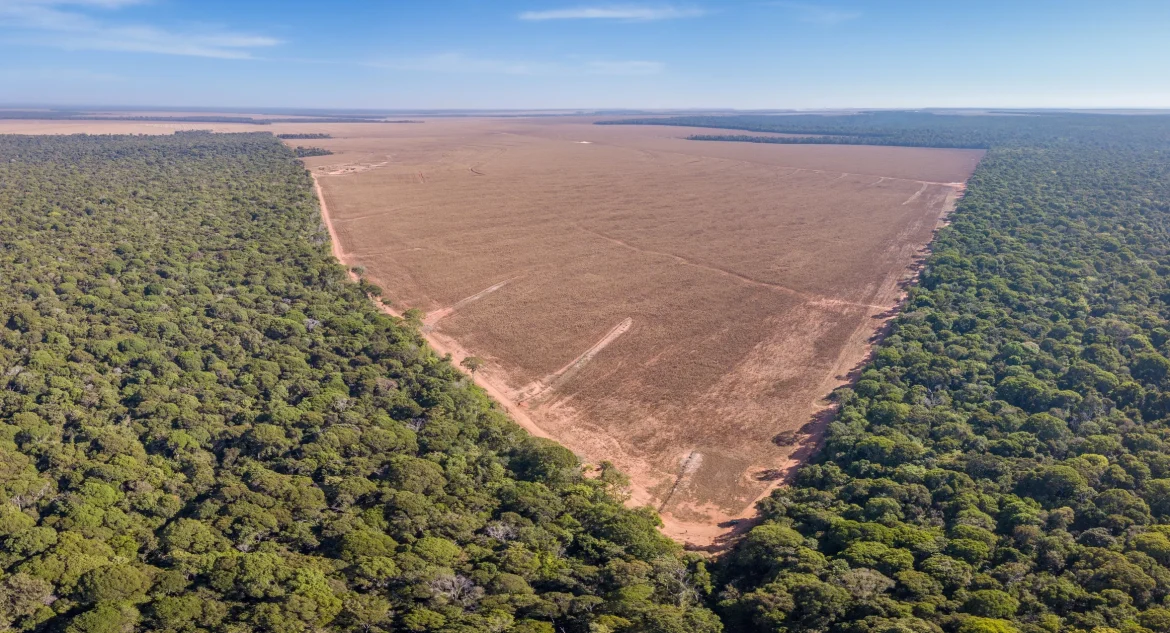The 30th United Nations Climate Change Conference (COP30) has officially opened in the Brazilian city of Belém, bringing together more than 50,000 delegates from over 190 countries to confront the escalating global climate crisis.
Set against the backdrop of the Amazon rainforest, this year’s summit comes amid rising global temperatures, record-breaking extreme weather events, and mounting scientific warnings that the world is rapidly running out of time to meet the 1.5°C warming limit set under the Paris Agreement.
UN climate chief Simon Stiell urged delegates to work together rather than against one another, emphasizing that unity and urgency are essential to reversing the tide of global warming.
“Your job here is not to fight one another – your job here is to fight this climate crisis, together,” Stiell said during his opening address on Monday.
While acknowledging that previous climate summits have led to important progress, Stiell warned that countries must move “much, much faster” in cutting greenhouse gas emissions.
“Lamenting is not a strategy. We need solutions,” he stressed.
A new UN analysis released ahead of COP30 revealed that current national commitments still fall well short of what is needed to prevent global temperatures from surpassing the critical 1.5°C threshold by 2035. Scientists warn that exceeding this limit would trigger catastrophic and irreversible climate impacts worldwide.
Brazilian President Luiz Inácio Lula da Silva, hosting the conference, declared that climate change is no longer a distant concern but a present-day catastrophe.
“Climate change is no longer a threat of the future. It is a tragedy of the present,” Lula said, condemning those who “attack institutions, science, and universities” and calling for renewed global resolve to “inflict a new defeat on the deniers.”
In a notable absence, the United States chose not to send delegates to COP30, continuing President Donald Trump’s rejection of global climate accords. The move drew mixed reactions, with former U.S. climate envoy Todd Stern saying the absence “may be for the best,” noting it could have disrupted constructive dialogue.
COP30 President Andre Corrêa do Lago suggested that Washington’s non-participation “has opened space for the world to see what developing countries are doing” to address the crisis.
From the frontlines of climate impact, Indigenous leader Pablo Inuma Flores of Peru called on world leaders to move beyond promises and take concrete action.
“We want to make sure that they don’t keep promising—that they will start protecting,” he said. “We, as Indigenous people, are the ones who suffer from these impacts.”
Meanwhile, an open letter from dozens of leading climate scientists issued a stark warning about the accelerating melt of glaciers, ice sheets, and other frozen regions known as the cryosphere.
“The cryosphere is destabilising at an alarming pace,” the scientists wrote. “Geopolitical tensions or short-term national interests must not overshadow COP30. Climate change is the defining security and stability challenge of our time.”
Over the next 12 days, COP30 will seek to turn pledges into measurable progress, as nations negotiate tougher emissions targets, climate finance for developing countries, and strategies for protecting ecosystems like the Amazon—the planet’s largest carbon sink and a crucial line of defense against climate collapse.
